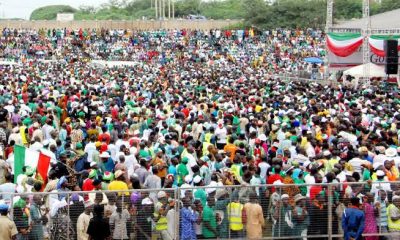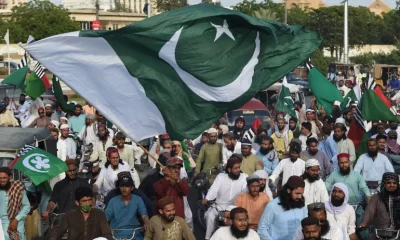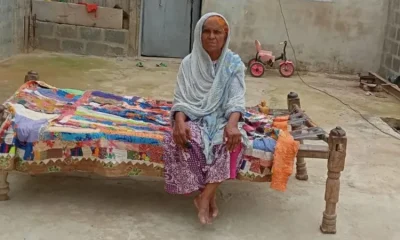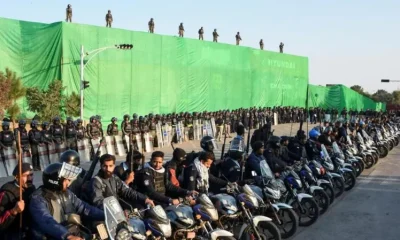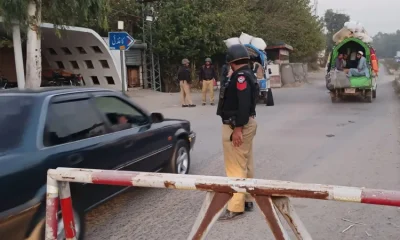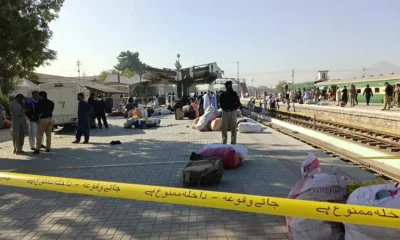International
Pakistan PM Unveils Country’s ‘Biggest Ever’ Welfare Programme
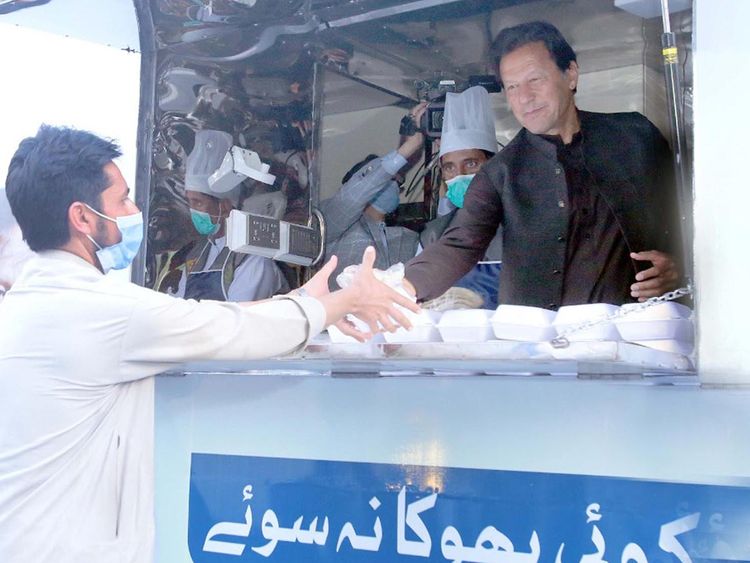
- Food inflation for key commodities has been particularly significant, with the price of ghee growing by 43 percent, wheat by 12.97 percent, and some legumes increasing by 17.62 percent in Pakistan
- The payments would last six months, according to Khan, and are intended for the poorest households
EKO HOT BLOG reports that Pakistani Prime Minister Imran Khan announced a $709 million food subsidy program to help low-income individuals cope with rising food prices in the country.
Addressing the nation on Wednesday evening, Khan described the benefits package as “Pakistan’s biggest ever welfare programme”.
“This package is of Rs 120 billion ($709.2m), which the federal and provincial governments are giving jointly,” he said. “In this, we are [targeting] the three most important food items, ghee, flour and pulses.”

Pakistan Prime Minister Imran Khan
According to the plan, around 20 million qualified low-income households will be eligible for a 30 percent discount on the three goods. The gap will be made up by the federal and provincial governments in the form of subsidy payments to merchants.
The payments would last six months, according to Khan, and are intended for the poorest households, as defined by the government-run Ehsaas welfare program.
In recent months, Pakistani families have been struggling with spiraling consumer price inflation (CPI), with October’s CPI coming in at 9.2 percent higher than a year ago.
According to Pakistan Bureau of Statistics data, food inflation for key commodities has been particularly significant, with the price of ghee growing by 43 percent, wheat by 12.97 percent, and some legumes increasing by 17.62 percent over the previous year.
According to the World Bank, the coronavirus pandemic has had a significant impact on the country’s economy, with economic growth dropping to 0.53 percent in 2020.
Food, energy, and other vital products prices have soared worldwide this year as governments abandon COVID-19 limitations, causing supply shortages and bottlenecks.
World food prices rose for a third straight month in October, the UN Food and Agricultural Organization said on Thursday, hitting a new 10 year high. Last month’s increase was driven by vegetable oils and cereals.
Khan blamed Pakistan’s inflation on international commodity prices, including petrol, claiming that his government had done a better job than others to absorb global price increases.
“What can we do about this? The inflation that is coming from outside. Let Allah make it so that we have all these things in our country, then we can reduce prices, but [not for things being imported],” he said.
Pakistan, which relies heavily on imports of essentials as well as other goods, has also been hit hard by a devaluation of its currency this year.
The Pakistani rupee has lost 13.1 percent of its value against the US dollar since May.
Khan’s government has expanded welfare spending during the pandemic to address unemployment and poverty, disbursing 179 billion rupees ($1.06bn) in grants to low-income families this year, according to government data.
Consumer Price Inflation, however, appears set to continue to increase, with Khan warning in his speech on Wednesday that the government would likely have to raise petroleum and diesel prices, in response to global oil price increases.
The country remains in talks with the International Monetary Fund on resuming its $6bn bailout deal, which was suspended during the pandemic, with significant obstacles reported on the independence of the country’s central bank and other issues.
Advertise or Publish a Story on EkoHot Blog:
Kindly contact us at [email protected]. Breaking stories should be sent to the above email and substantiated with pictorial evidence.
Citizen journalists will receive a token as data incentive.
Call or Whatsapp: 0803 561 7233, 0703 414 5611


